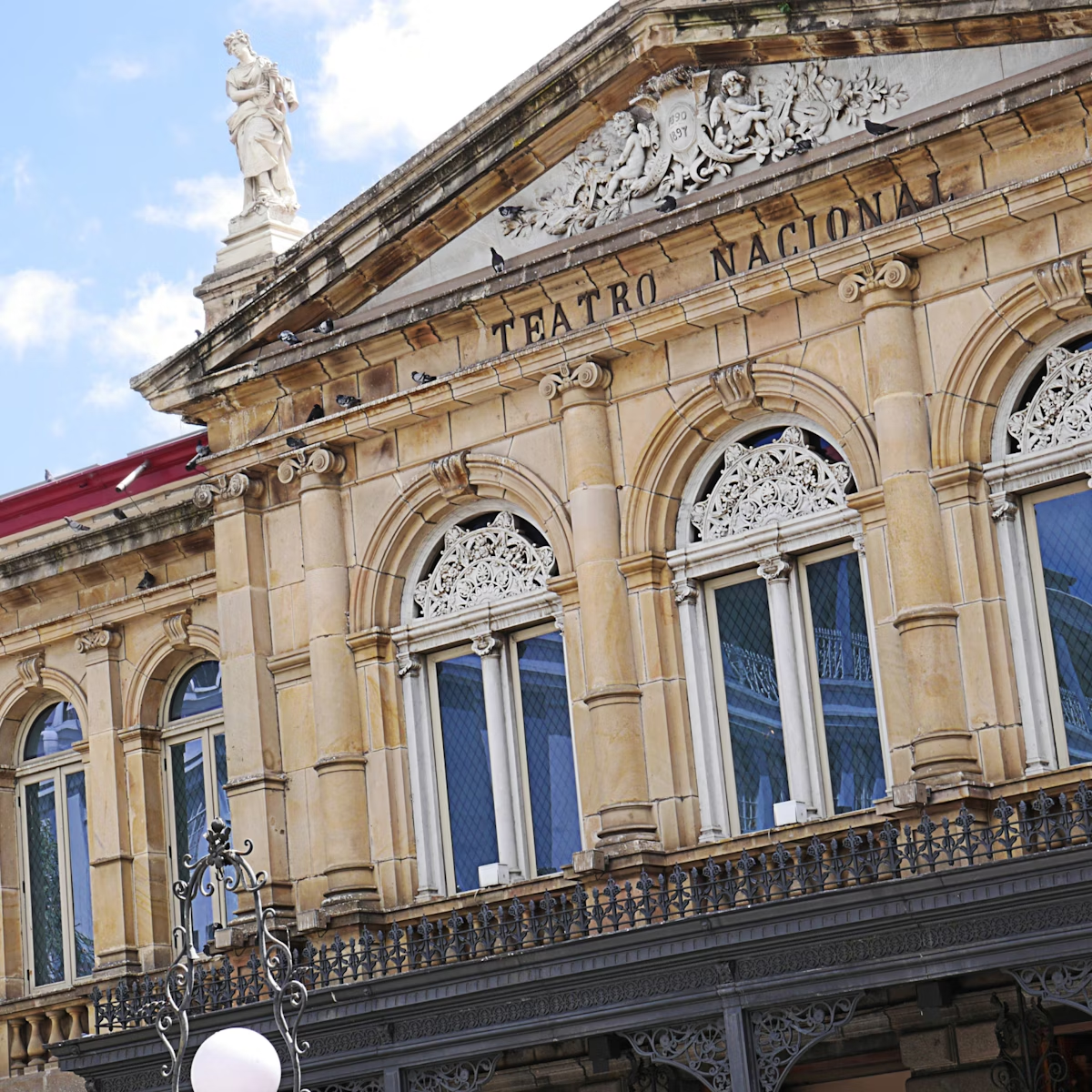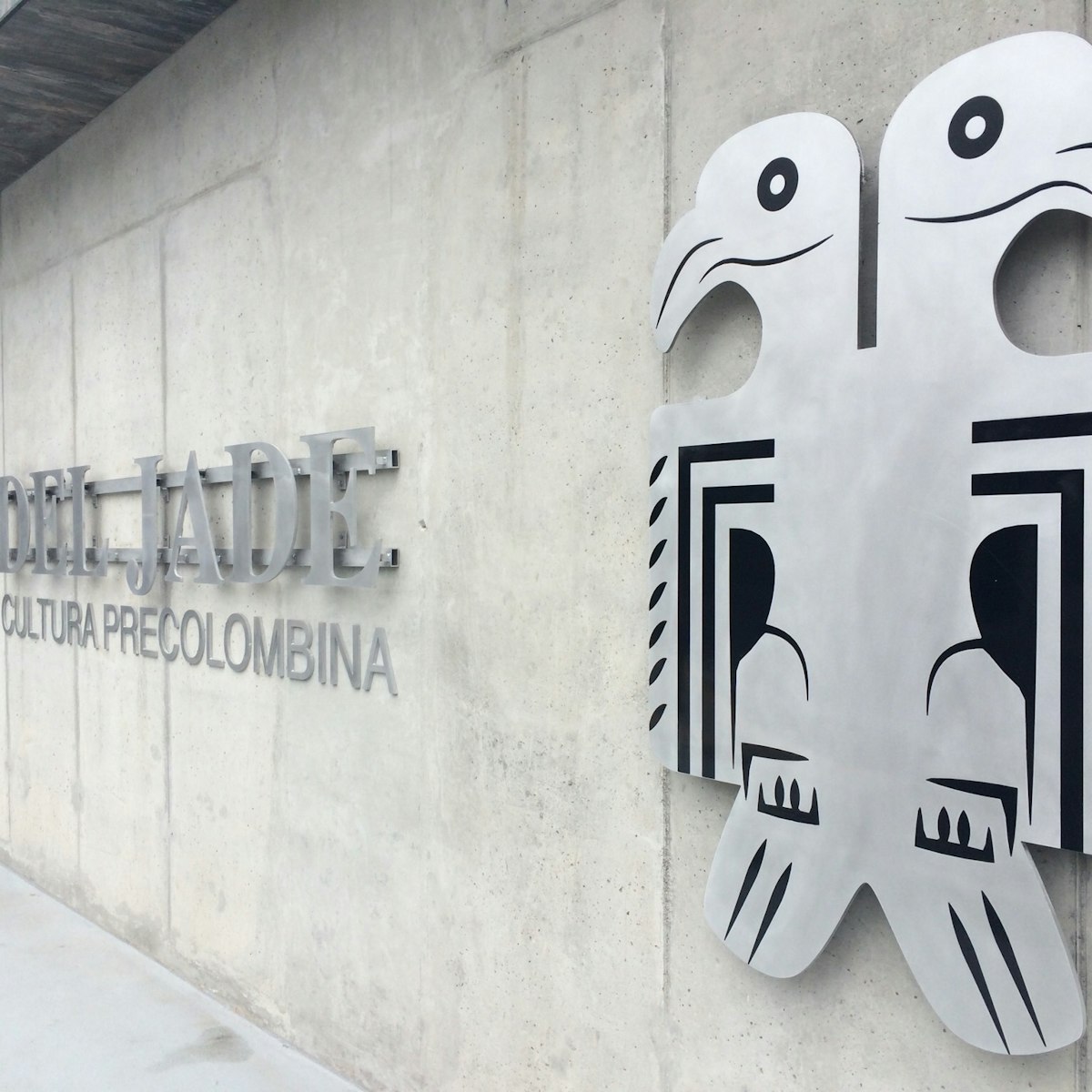Here's your chance to get frighteningly close to this extremely active volcano, which last erupted in 2017. At an elevation of 2708m, the mighty Poás is clasped by 7540-year-old lava and visitors can peer right into the 260m-deep crater, which has a striking turquoise lake at its center. Visits are now restricted to 20 minutes.
Daily visitor numbers are strictly controlled by a convoluted online booking system, requiring an initial registration with ID, then payment. Advance booking on the website is essential or you may be turned away at the gate. Upon purchasing a ticket, you sign a waiver of liability outlining the increase in toxic volcanic gases at the crater (sulfur dioxide, sulfuric acid, hydrochloric acid and carbon dioxide). The booking system has been known to crash so book well in advance of your visit, and download your confirmation in advance as cellphone signal is scarce on the volcano. Check the park opening status before you visit; temporary closures have been known to happen due to ash and gas emissions.
Visits take roughly 45 minutes. On arrival, guests are provided with a hard hat in case of debris and ash spewing from the volcano, and given a safety briefing (in Spanish only) in an auditorium. A ranger outlines the volcanic activity in the area, what to do during an evacuation, and the potential poisonous gases in the air, which are likely to most affect people with asthma or existing breathing problems. After the briefing, your group walks (self-guided) around 750m uphill along a paved pathway (roughly 20 minutes) to the viewpoint, which looks into the whopping 360m-diameter crater. There's a strong eggy smell of sulfur in the air and you may find that as you get closer to the crater your throat feels sore and you begin to cough. Officials explain that the gases in the air are checked regularly. If they rise to a certain level your group will be asked to leave the viewpoint. If you are struggling to breathe you may use one of the masks provided – the best advice is to walk back to the visitor center.
It's common to see dramatic smoke plumes rising from the crater. Be aware that cloud cover is also common, and many travelers make the winding drive up to the summit (roughly an hour from Alajuela) only to find they can't see a thing through the mist. Your best chance of a clear crater sighting is early in the morning. There are no refunds for bad weather conditions, and trails around the volcano are now off-limits. It can get chilly at the crater, so bring warm clothes, comfortable walking shoes and water.





